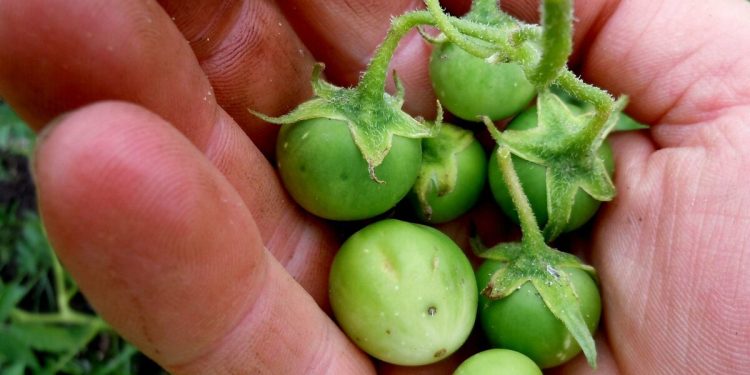#PepsiCoHybrid#PotatoSeeds#Agriculture#Small-ScaleFarmers#Sustainability#Ethiopia#CropYields#EconomicGrowth#SustainablePractices
According to the Food and Agriculture Organization of the United Nations (FAO), agriculture accounts for over 80% of Ethiopia’s employment and 40% of its GDP. However, farmers often struggle with low yields and unpredictable weather conditions. Hybrid potato seeds, which combine the qualities of two different potato varieties, have the potential to improve crop resilience and increase yields.
PepsiCo’s hybrid potato seeds have been successful in other regions, such as India, where they have improved crop yields by up to 30%. The company’s efforts in Ethiopia aim to support small-scale farmers and promote sustainable agriculture in the region.
This move also aligns with PepsiCo’s commitment to sustainability and reducing its environmental impact. The company aims to reduce greenhouse gas emissions by 40% and replenish 100% of the water it uses in its operations by 2030.
The introduction of hybrid potato seeds to Ethiopia has the potential to not only improve crop yields and support small-scale farmers but also contribute to the country’s economic growth and promote sustainable agriculture practices.
PepsiCo’s initiative to introduce hybrid potato seeds to Ethiopia is a promising step towards improving agriculture in the region. It has the potential to benefit small-scale farmers and promote sustainable practices while contributing to the country’s economic growth.







